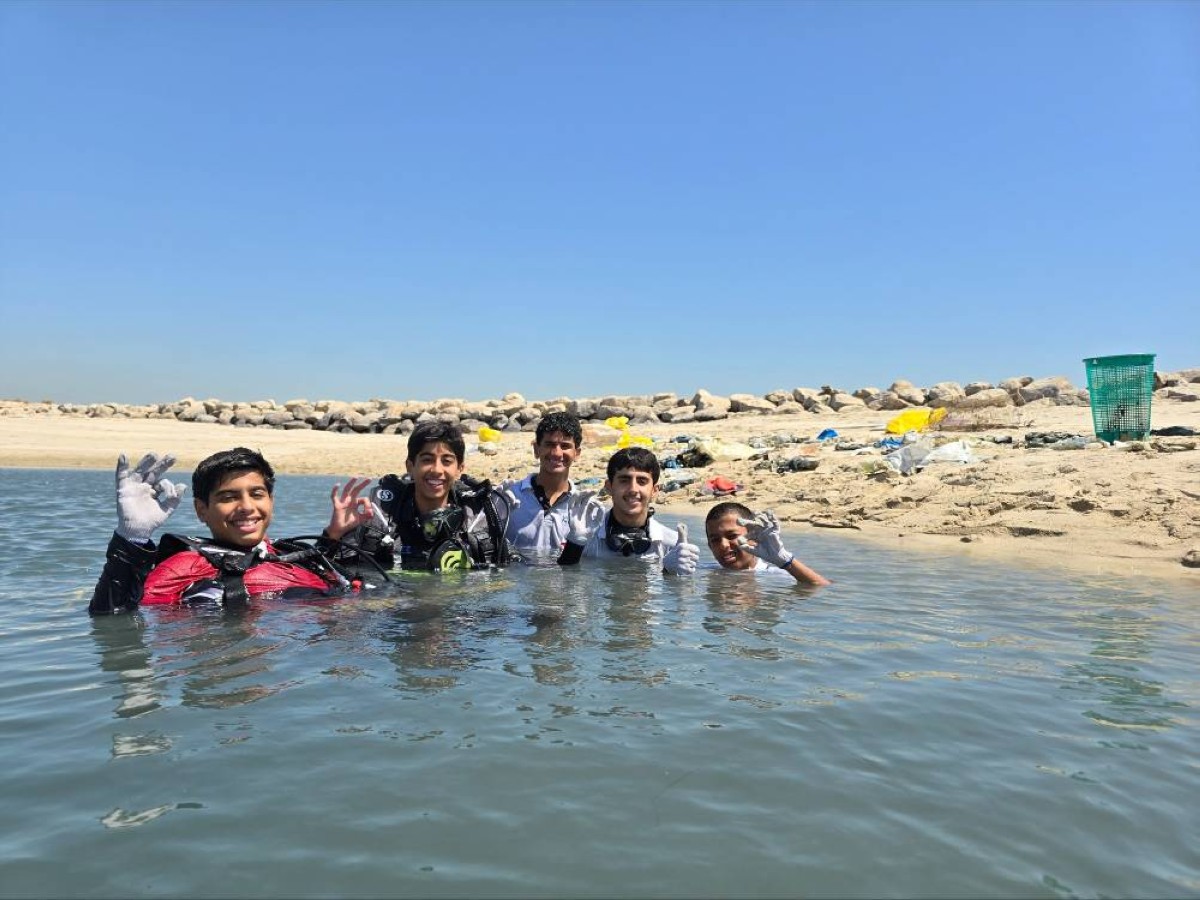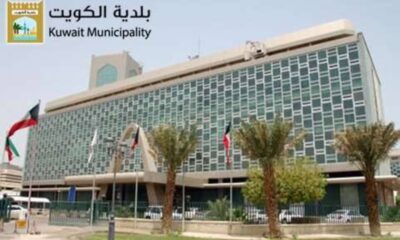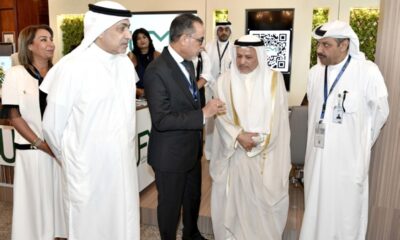KUWAIT: Kuwait Dive Team’s Environmental Voluntary Foundation (EVF) has completed the third phase of its national coastal cleanup project, “Cleaning the Southern Coasts of the Country,” by removing plastic and iron debris from Khor Iskandar, located in the south of the country.
In a statement to KUNA on Sunday, EVF Team leader Waleed Al-Fadhel said Khor Iskandar is the fourth inlet in the Khairan area, south of Ras Al-Zour ending in a large marina that forms part of Kuwait’s major marine development projects.
Al-Fadhel explained that “Khairan,” the plural form of “Khor,” refers to dry waterways that end in bays, noting that there are four Khairan in southern Kuwait, Al-Awal, Al-Ammi, Muftah, and Iskandar.
These Khairan have environmental value as habitats for marine life, economic value as tourist destination, and historical significance as a former diving port.He added that the team’s project to clean the southern coasts aims to protect Kuwait’s marine environment and is part of the global “Clean Seas” campaign launched by the UN Environment Programme’s Regional Office for West Asia to protect the seas from plastic and other waste and to protect marine life.
He noted that the coasts cleaned included Bnaider, Al-Zour, Khairan, and Nuwaiseeb, emphasizing that the waste removed poses a threat to boat traffic, causes maritime accidents, and poses a threat to navigation, the marine environment, and its inhabitants.
He added that plastic waste causes the death of one million birds worldwide annually, in addition to a quarter of a million marine creatures, including endangered turtles, according to a UN report.Al-Fadhel confirmed that the team will continue cleaning several coasts across the country, including Judailiyat coastal marine reserve, the Jahra Nature Reserve, and the Shuwaikh and Ashirj coasts, in cooperation with the Environment Public Authority (EPA).
He also confirmed that the team will continue to remove boats and fishing nets from coral reefs, and will conduct awareness campaigns on the importance of preserving the marine environment through lectures and educational materials.
He emphasized the need to adhere to the Environmental Protection Law to avoid environmental violations and preserve the marine environment, and urged beachgoers to protect sea turtles, as they are rare and endangered, and to refrain from throwing waste into the water.
Since its founding in 1986, the Kuwait Dive Team has been performing these activities on a voluntary basis in service to Kuwait and its people, and to preserve the marine environment and ensure safe navigation. — KUNA


















